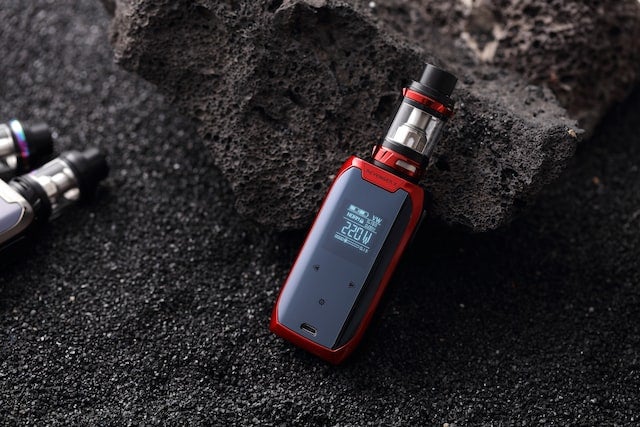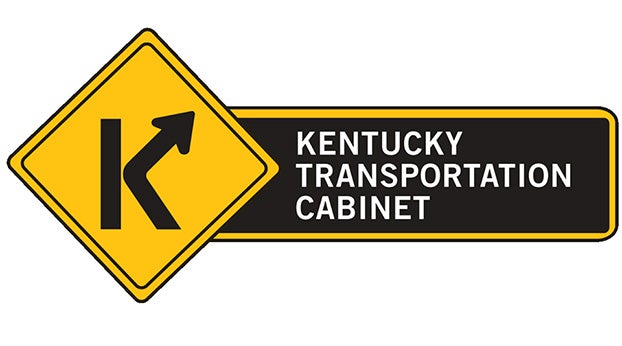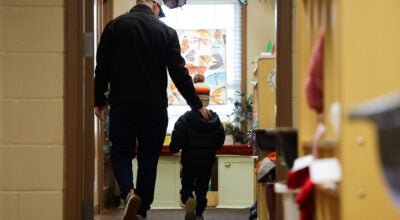Harlan County Schools one of many in SEKY warning about vape pens
Published 1:58 pm Thursday, March 2, 2023

- (Photo by Vaporesso on Unsplash)
|
Getting your Trinity Audio player ready...
|
Harlan County school officials have “asked businesses to guard against selling vape pens to minors after students in a nearby county got sick from using vape pens that may have contained an illegal drug,” and school officials in other counties have issued similar warnings, report Bill Estep and Valarie Honeycutt Spears of the Lexington Herald-Leader.
The officials’ letter urged businesses “to move vaping products behind the counter and to try to make sure employees don’t sell to minors. The letter said that while most businesses that sell vape products follow the law, school officials had heard from an ‘alarming number of underage students’ that they had bought such products locally, illegally.”
“Please help us avoid a tragedy,” said the letter, which came after incidents in nearby Knox County, “in which students suffered concerning symptoms after using vape pens” Feb. 10-16, the Herald-Leader reports. “The symptoms included shortness of breath, increased heart rate and confusion . . . Four students went to the hospital for treatment and four were treated by a school nurse,” according to the Appalachian High Intensity Drug Trafficking Area, a federally funded law-enforcement unit.
A Knox County school spokesman “said the district had only four incidents, not eight,” the newspaper reports. “After three students at Lynn Camp Middle/High School had adverse symptoms on Feb. 15, Knox County Sheriff Mike Smith said in a news release that the vape pens they used were believed to have contained THC, the ingredient in marijuana. AHIDTA said in its bulletin two vape pens involved in the incidents may have been laced with fentanyl.”
If tests at the Kentucky State Police lab “confirm any of the vape pens in Knox County were laced with fentanyl, it would be the first time that has been documented in Kentucky, and would be among only a few cases nationwide, according to the AHIDTA bulletin.” Knox County school officials told parents in letters that vaping can be risky for youth because they may not know whether electronic cigarettes contain illegal or deadly substances.
“In Harlan County, school officials told businesses that the use of vaping products by young people is a growing problem,” the Herald-Leader reports. School Police Matt Chief Cope said students in the district have become sick from vaping, and he and Safe Schools Director Jim Whitaker visited all 20 businesses in the county that sell vape pens to deliver their request in person.
In November, the board of the Corbin Independent School District, which includes parts of Knox and Whitley counties, published an open letter saying that some students had become ill after using vaping products. “The letter said that during a talk by an expert in the subject, more than half the middle school students in the audience raised their hands when asked if they knew someone their age who vaped regularly and couldn’t stop,” the Herald-Leader reports, citing the News Journal, a Corbin newspaper.
The problem isn’t just in southeastern Kentucky schools, the Herald-Leader notes: “After Kentucky State Police used dogs to do a surprise search for illegal substances at Edmonson County High School last month, the principal, Jonathan Williams, said local officials were finding that illegal substances were being sold in vaping products…Earlier this month, the sheriff in Lyon County said a 14-year-old girl was facing charges after she was found with a vape device that contained THC, the chemical in marijuana. The case arose after school officials told police about getting a report that students were vaping on a bus, according to WPKY.”
Surveys by the state Department of Education show that the share of middle-school students reporting frequent vaping, defined as 20 days out of the last 30 days, rose from 1.4% in 2015 to 2.9% in 2021, “and the number who said they had ever vaped rose from 21.8% to 24.1% in the same period,” the Herald-Leader reports. “Among high-school students, the number reporting frequent use rose from 3.2% in 2015 to 8.1% in 2021, and the percentage who said they’d ever used a vaping product increased from 41.7% to 45.1%.”





